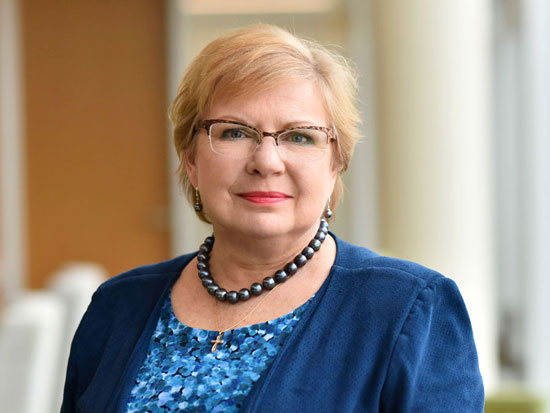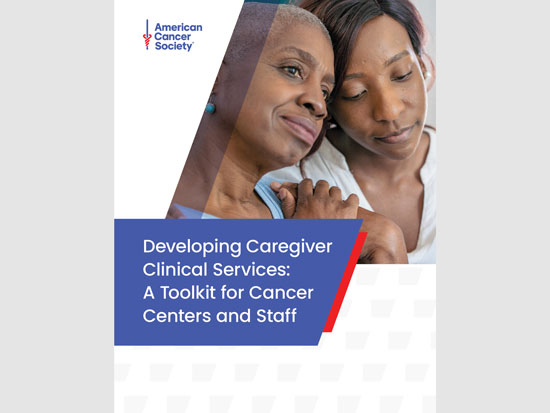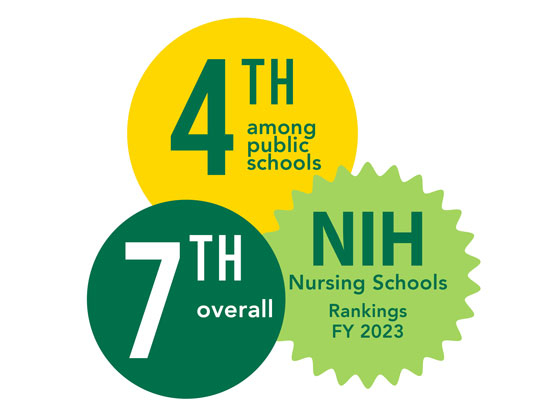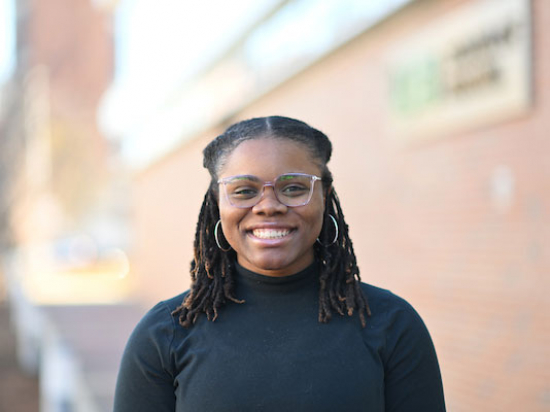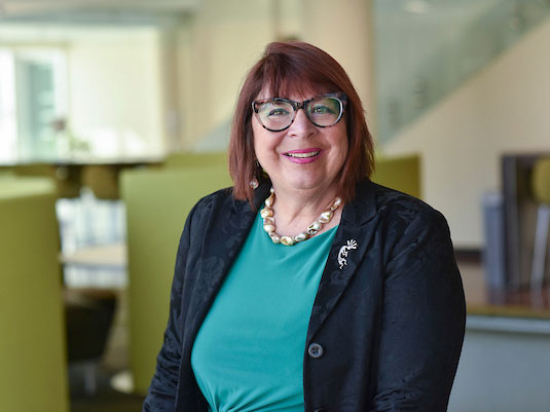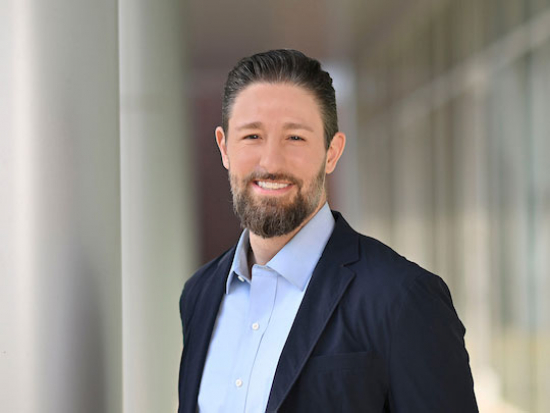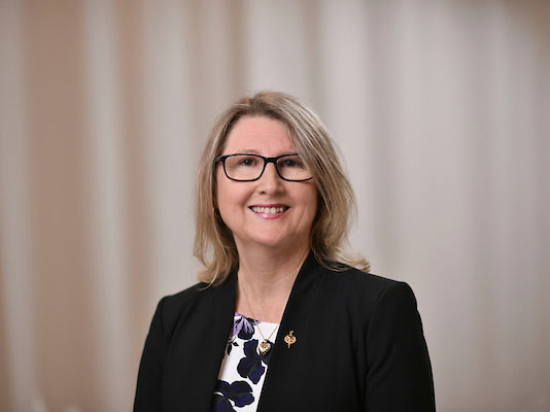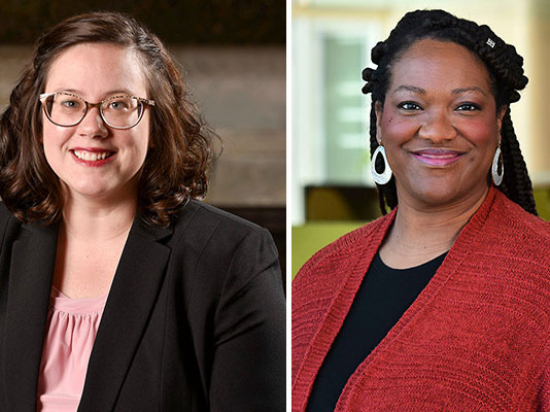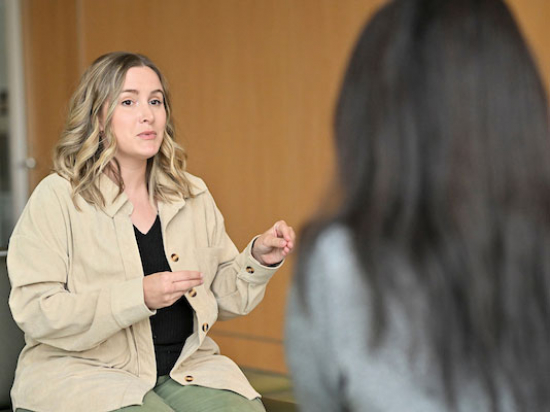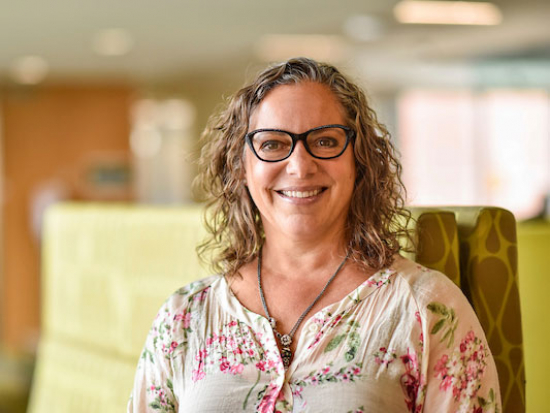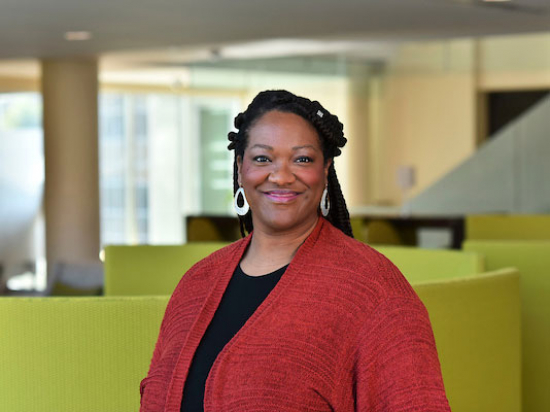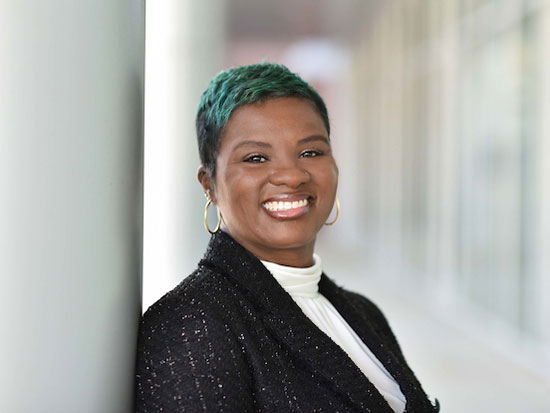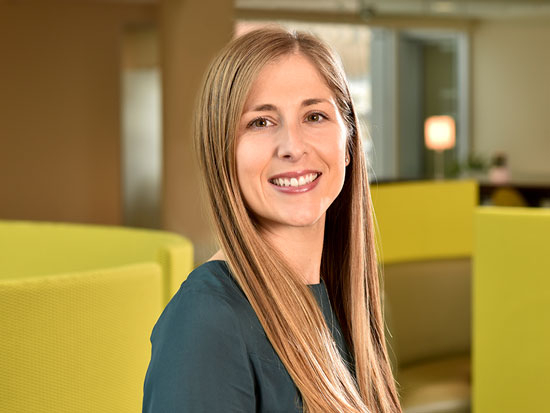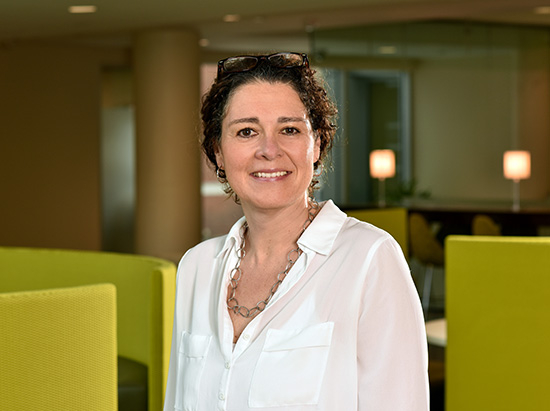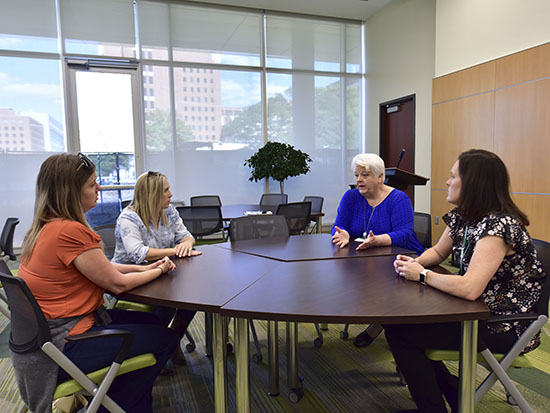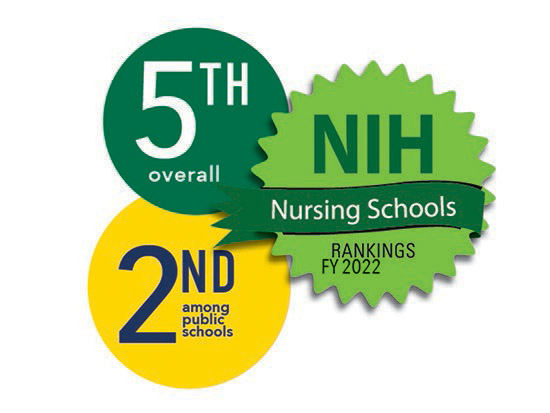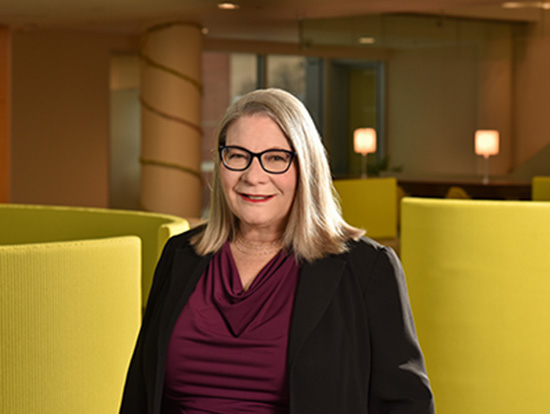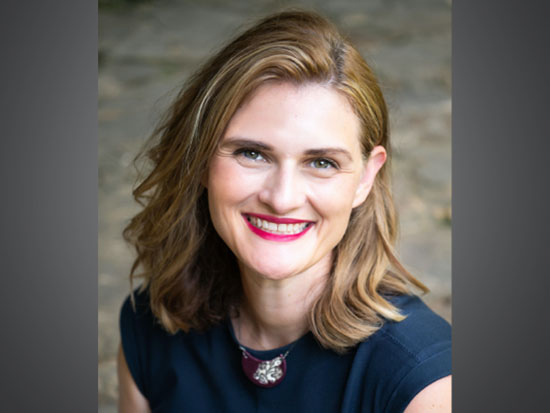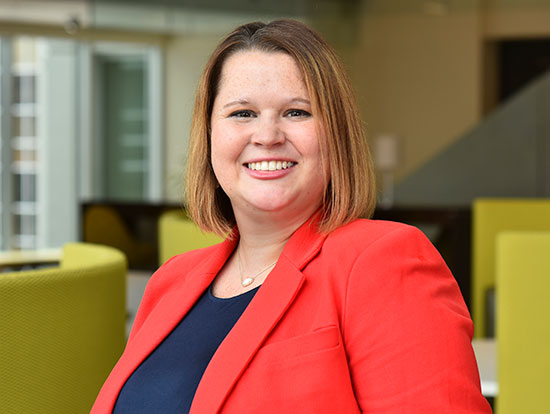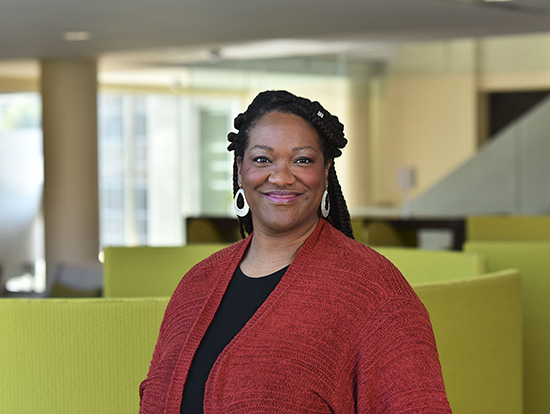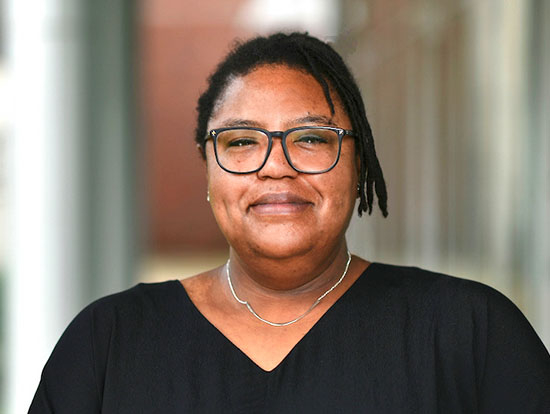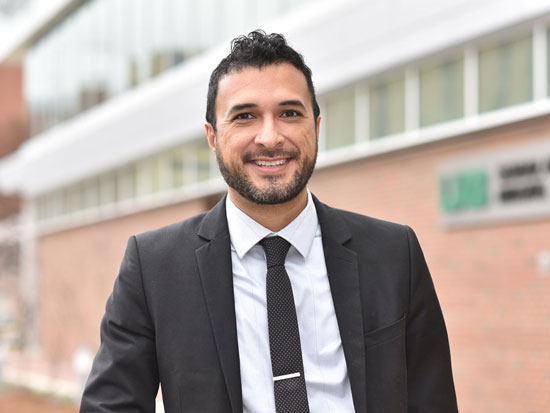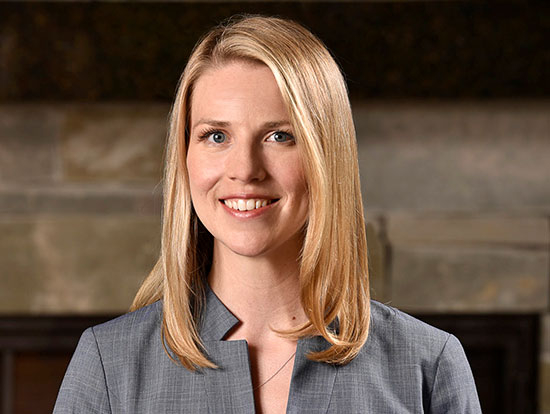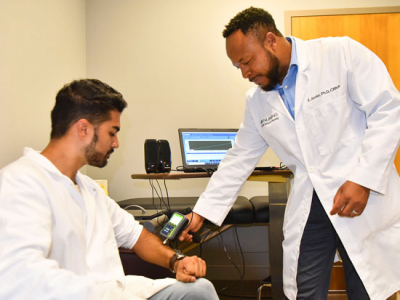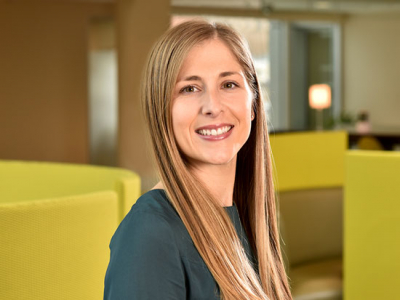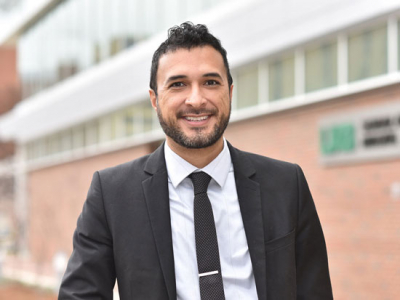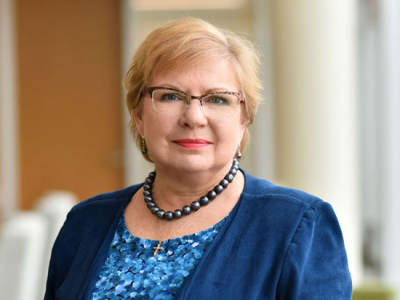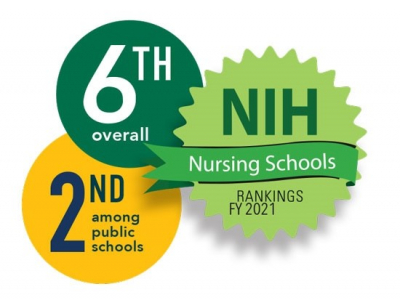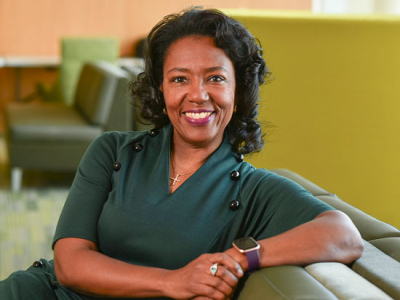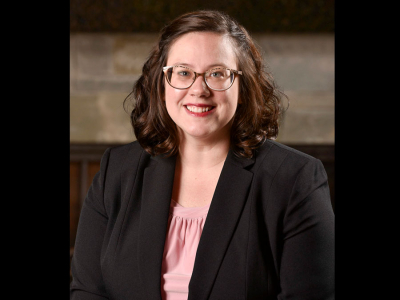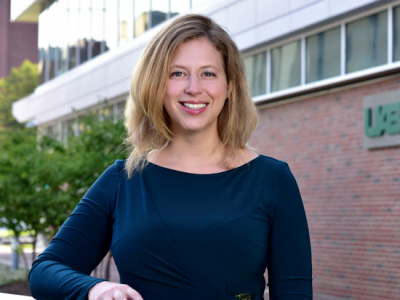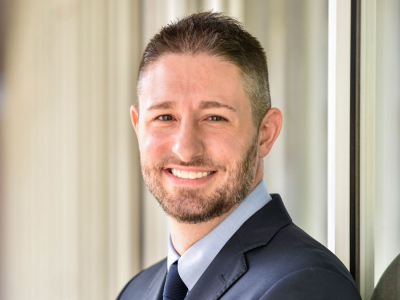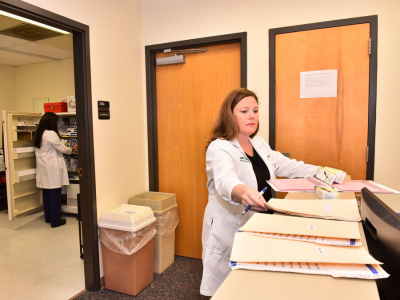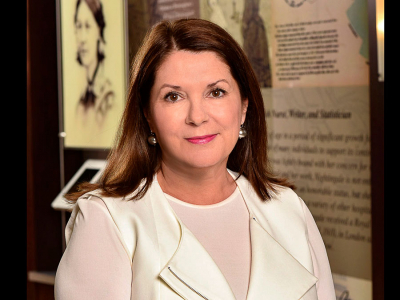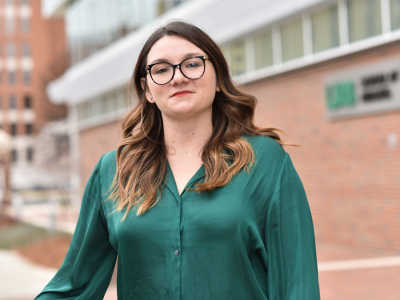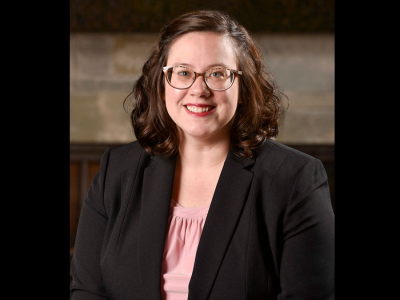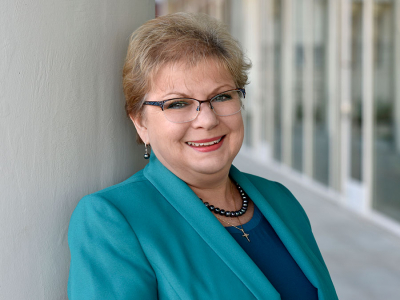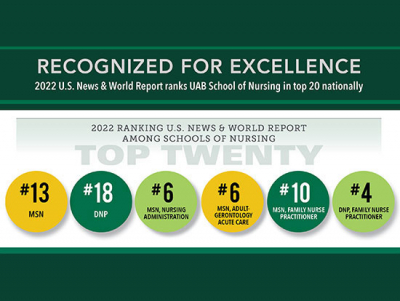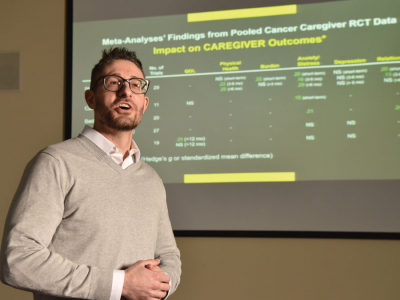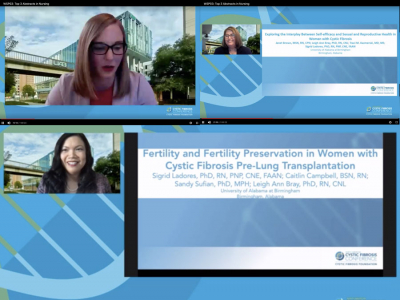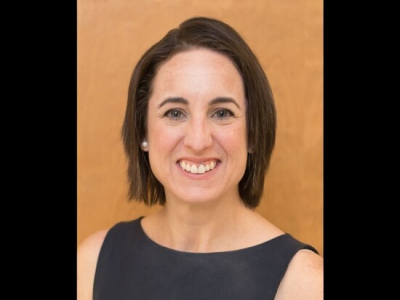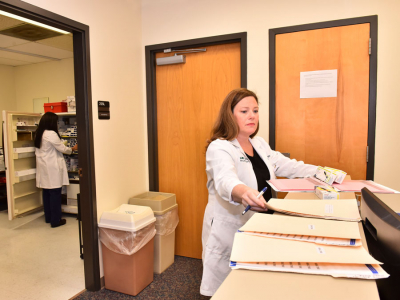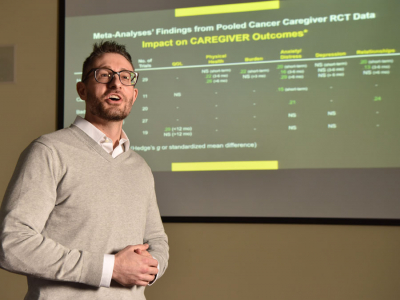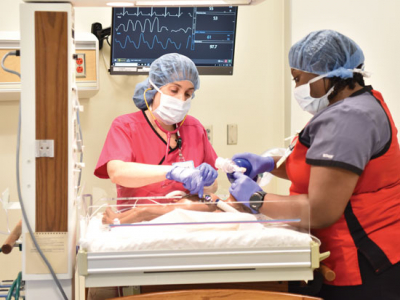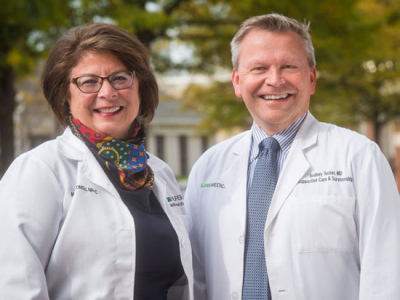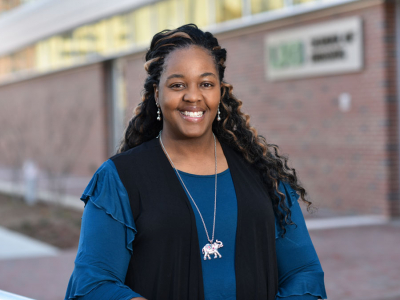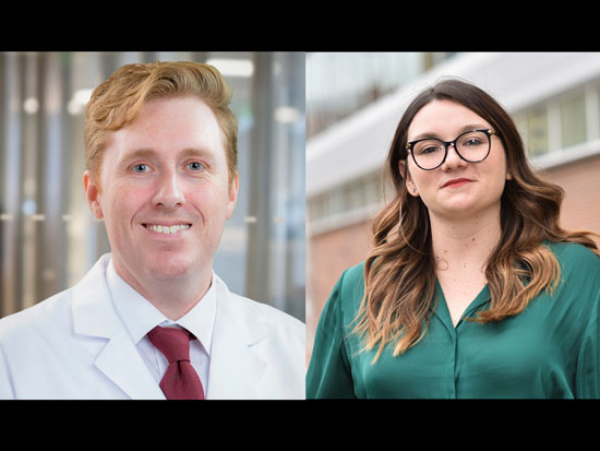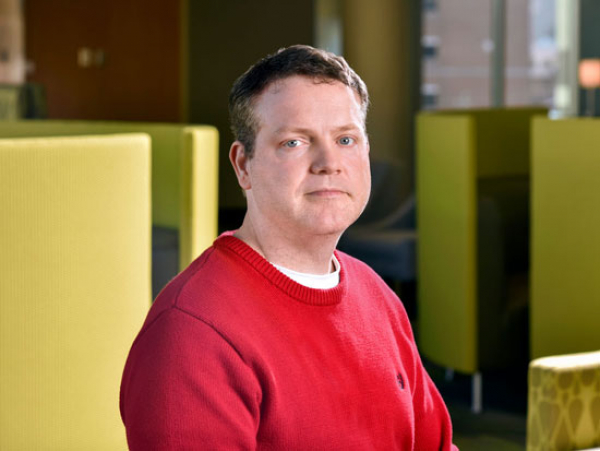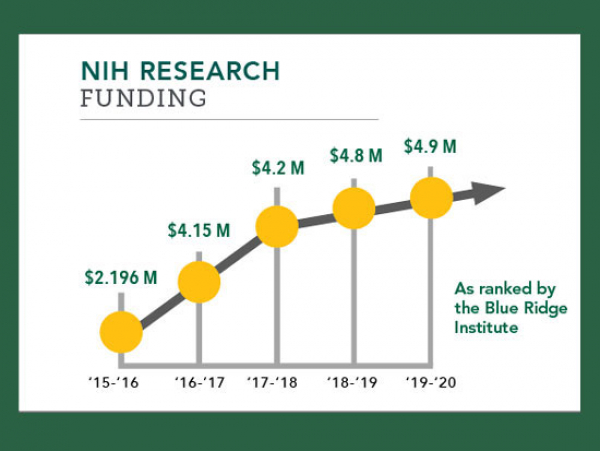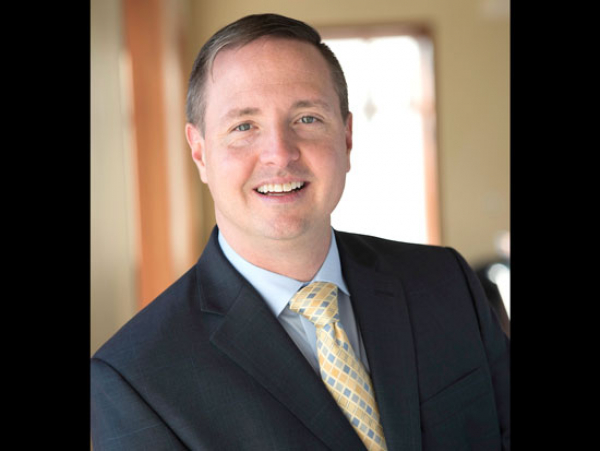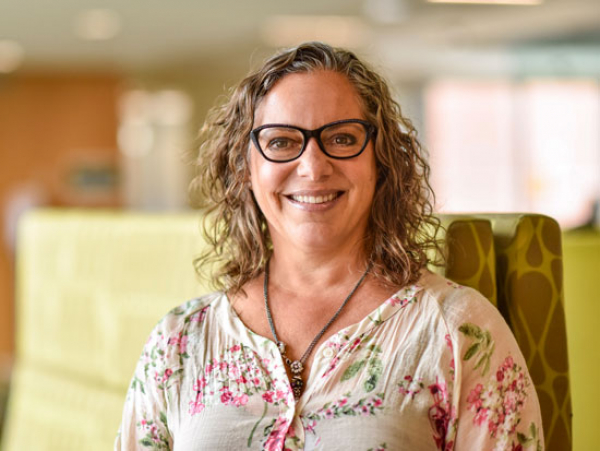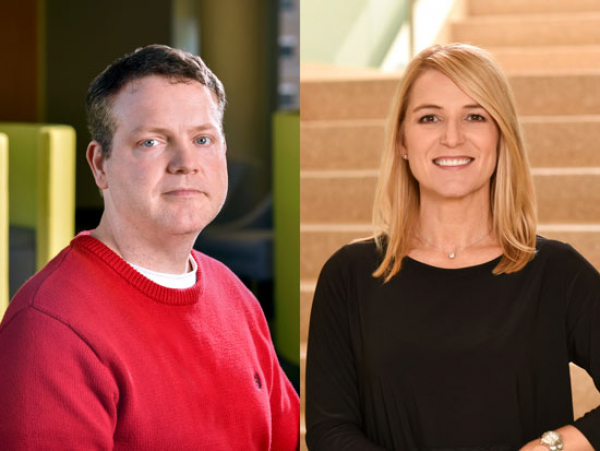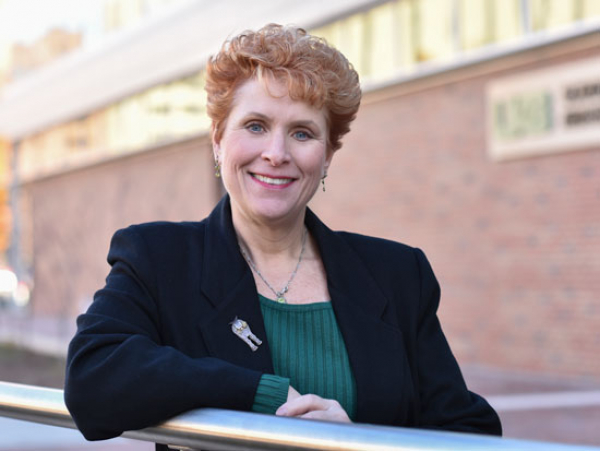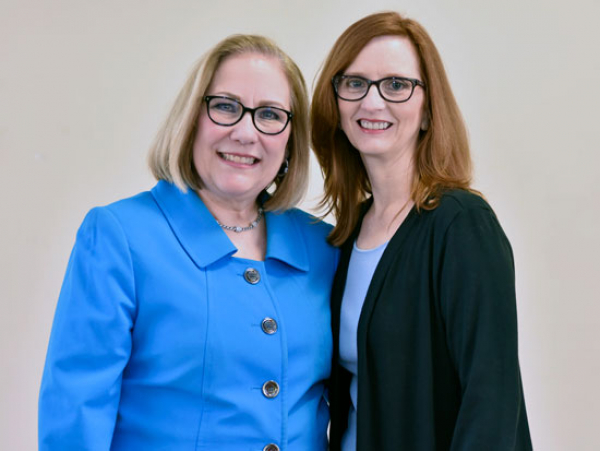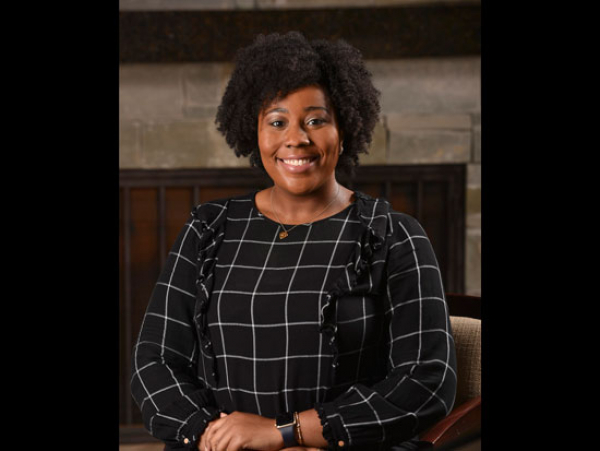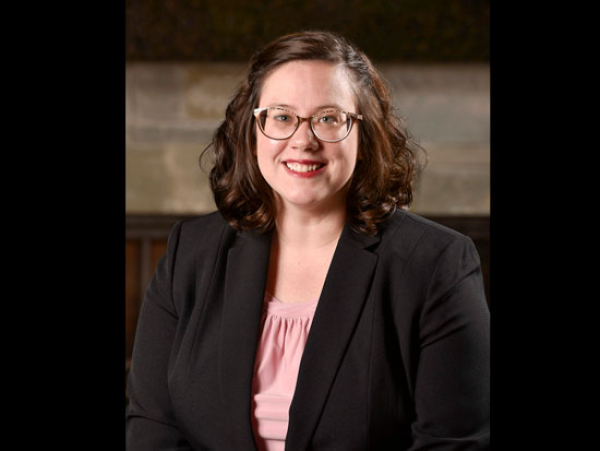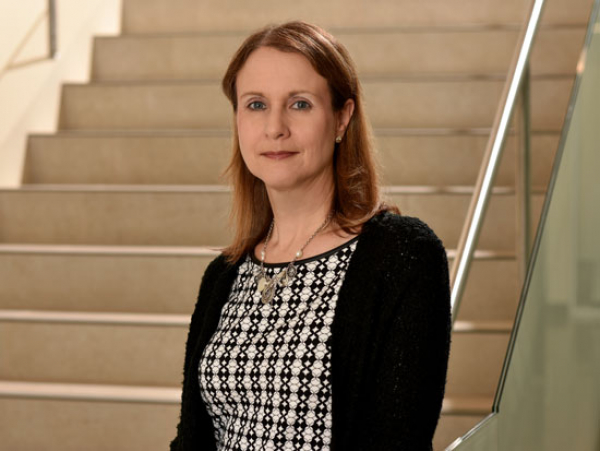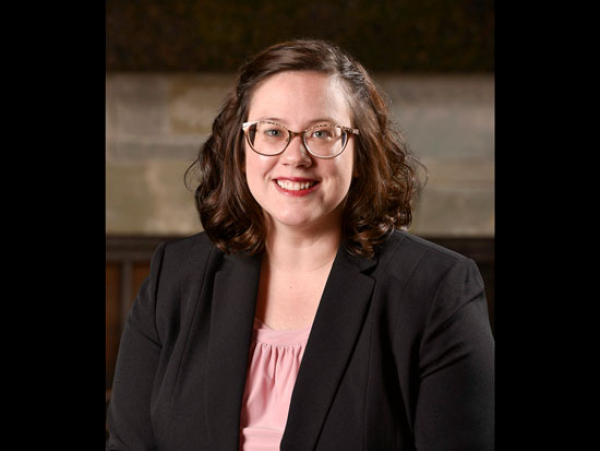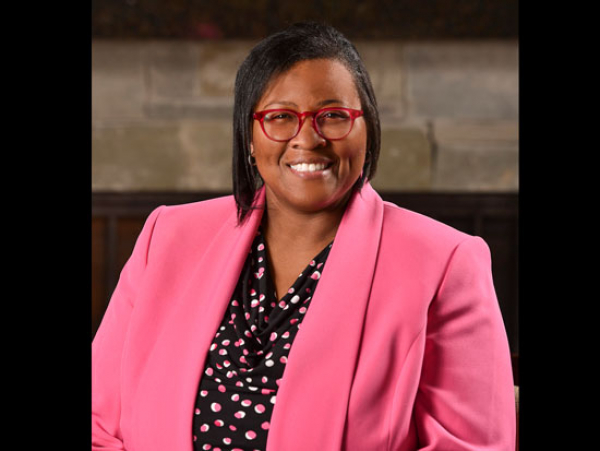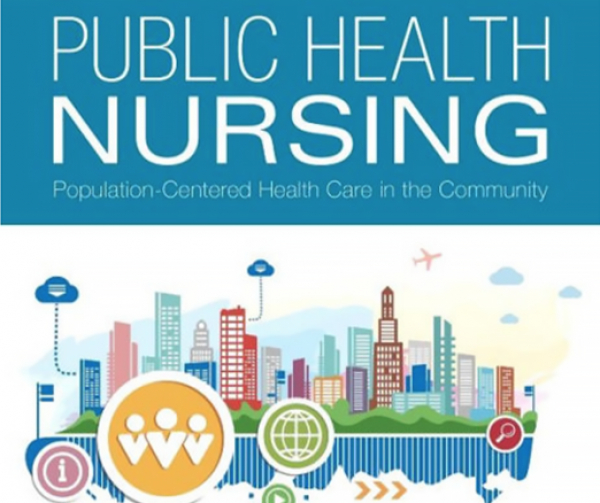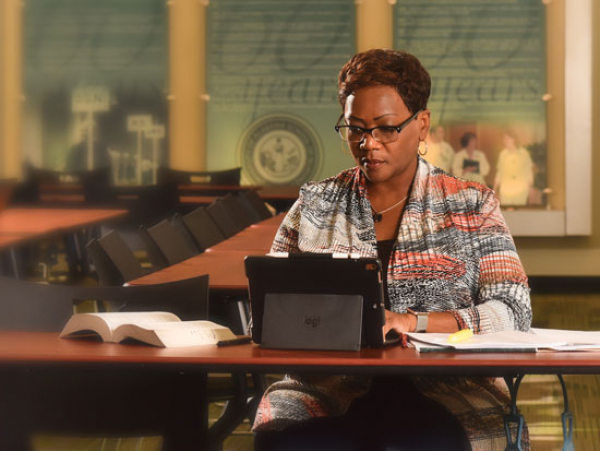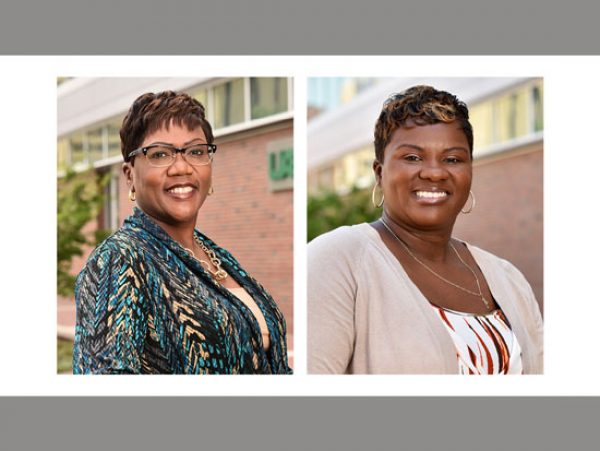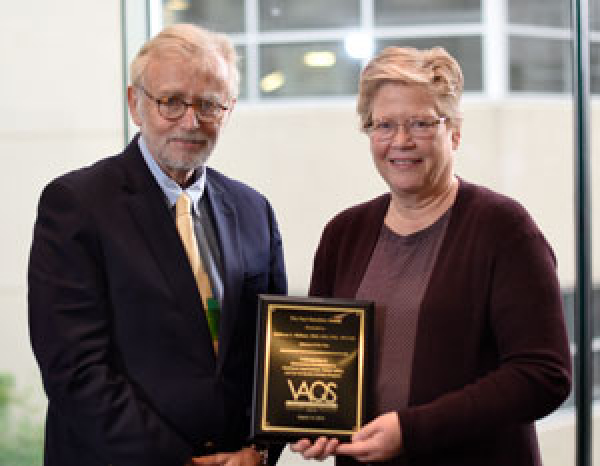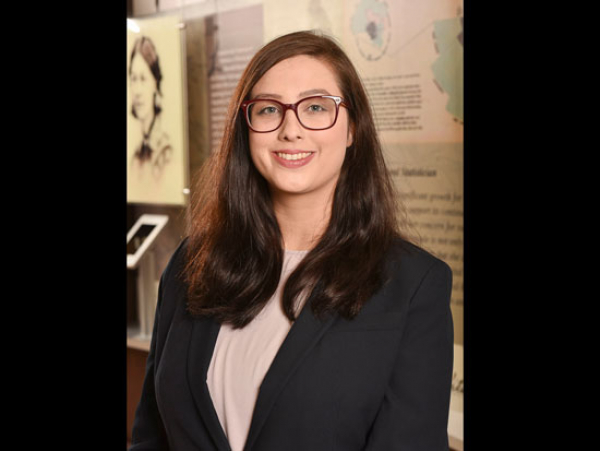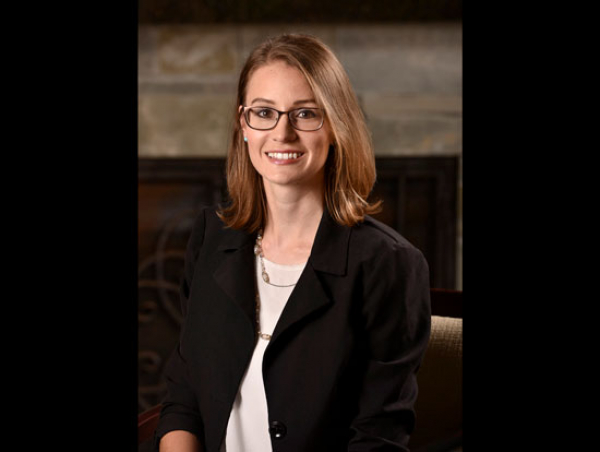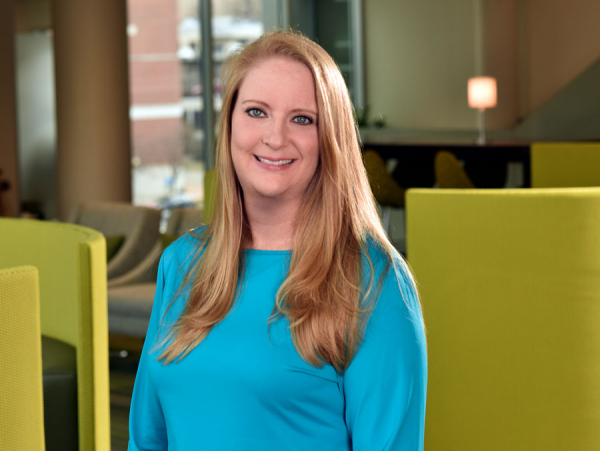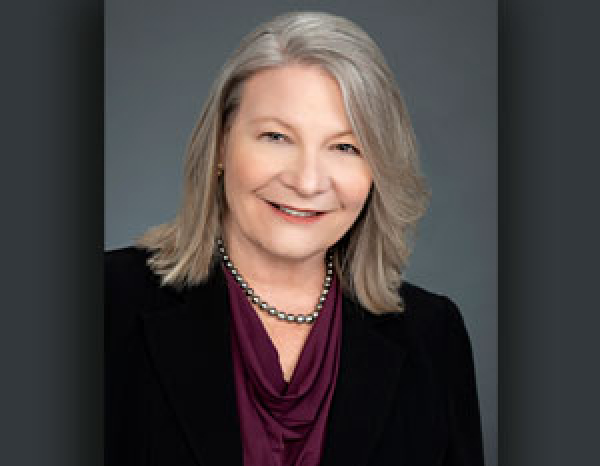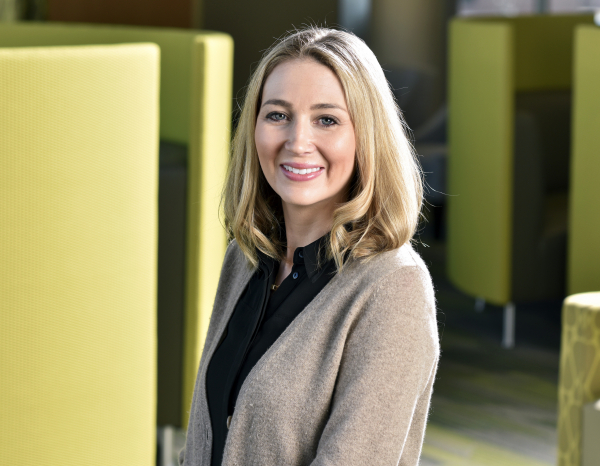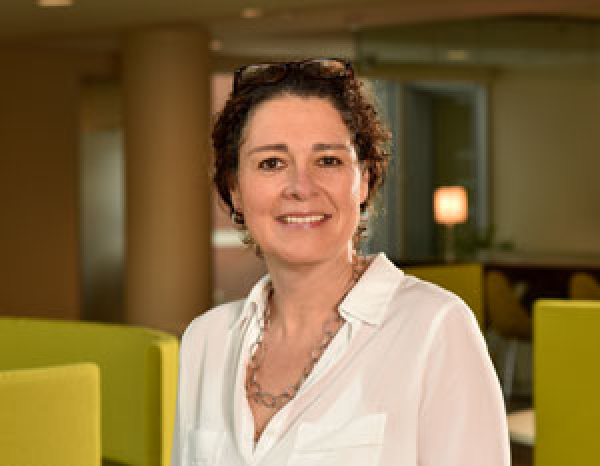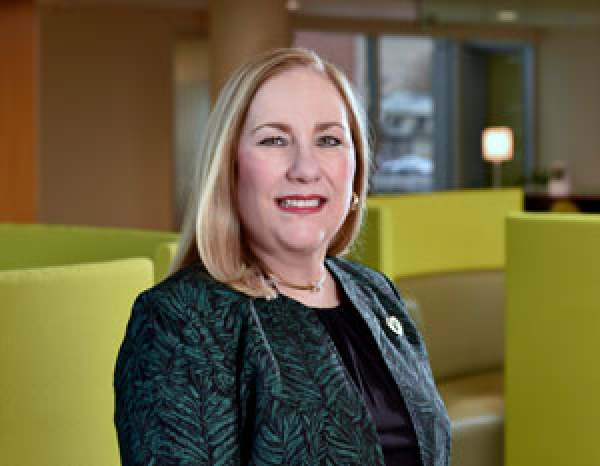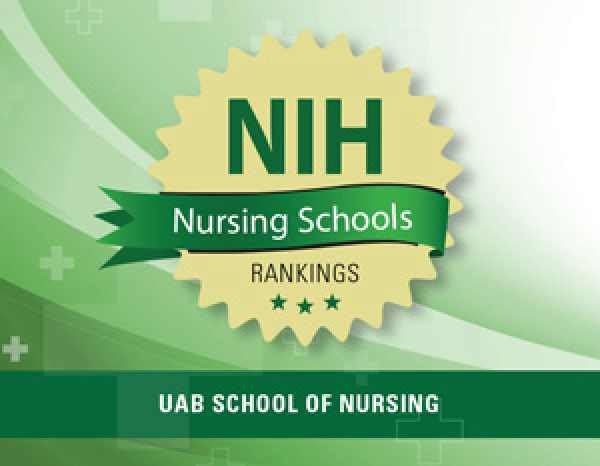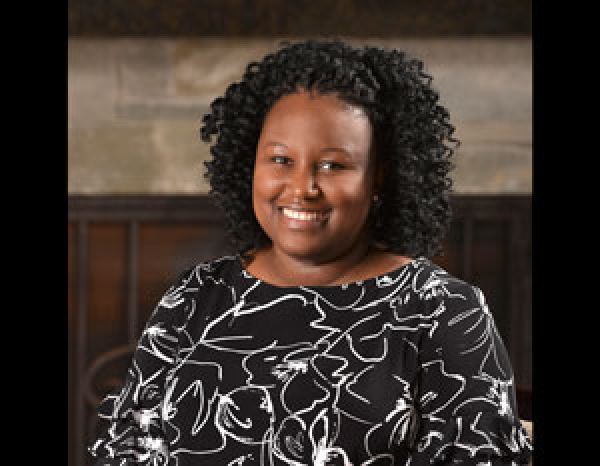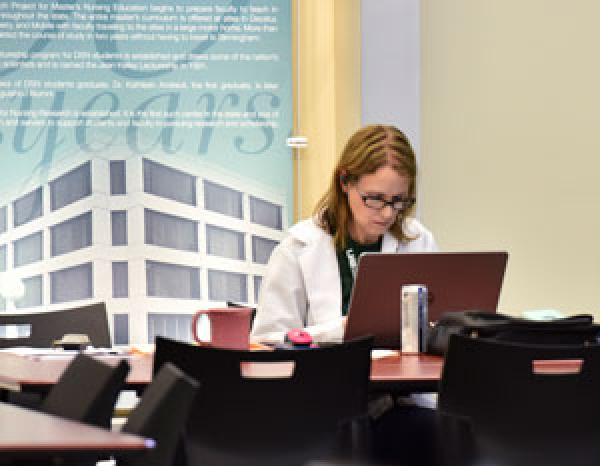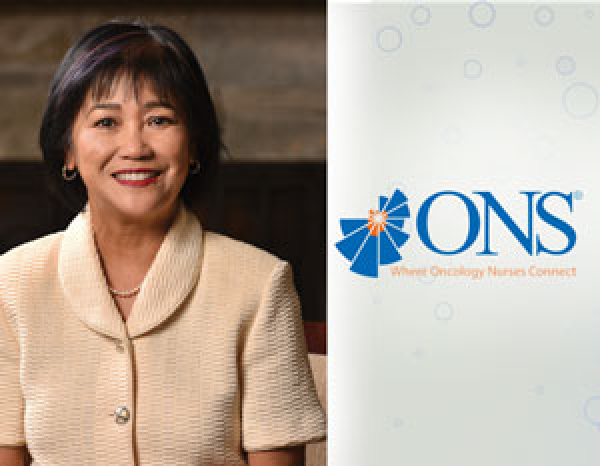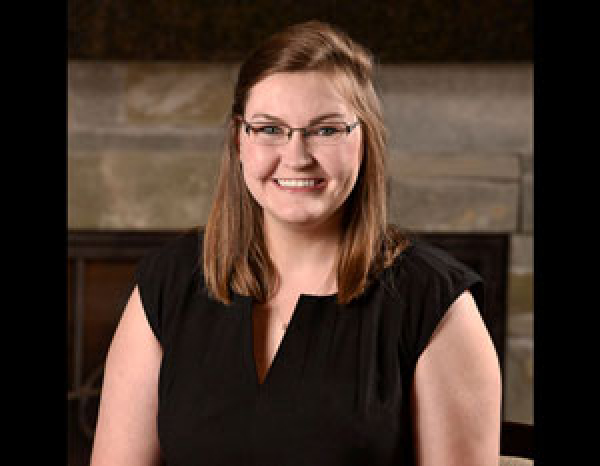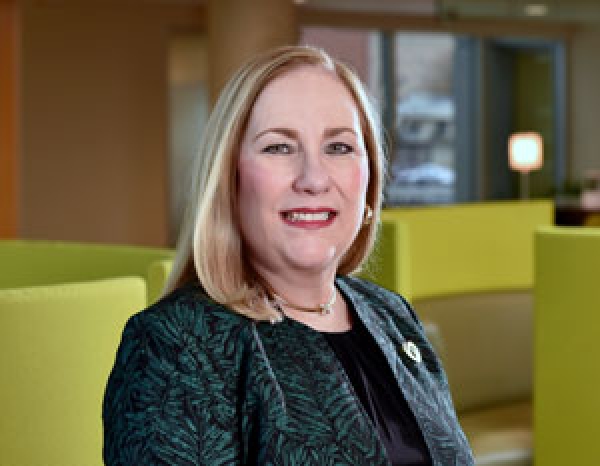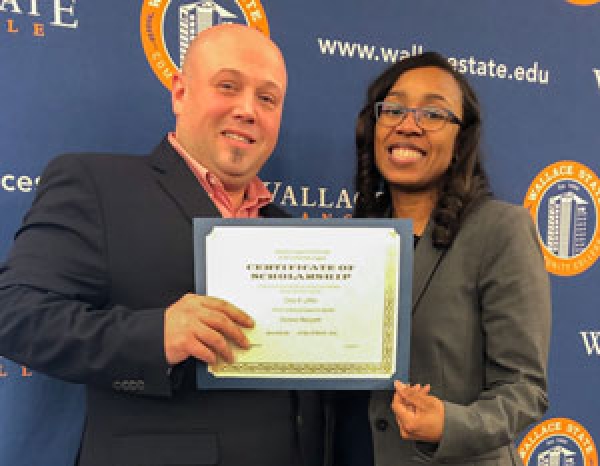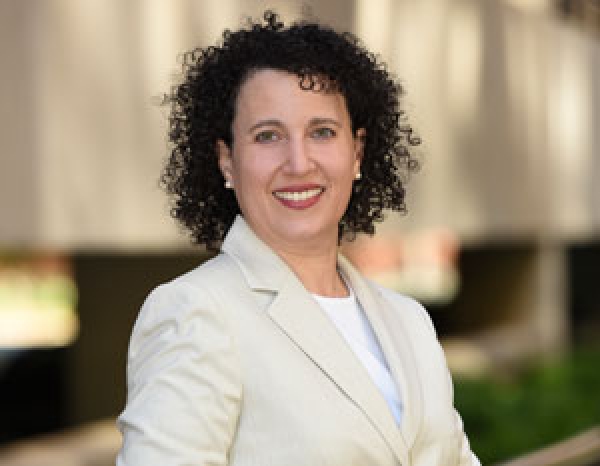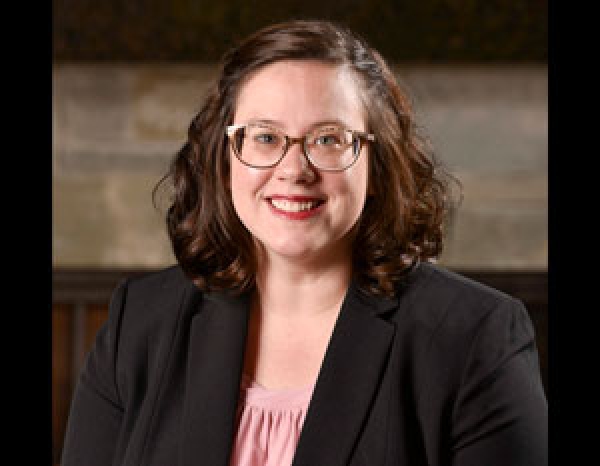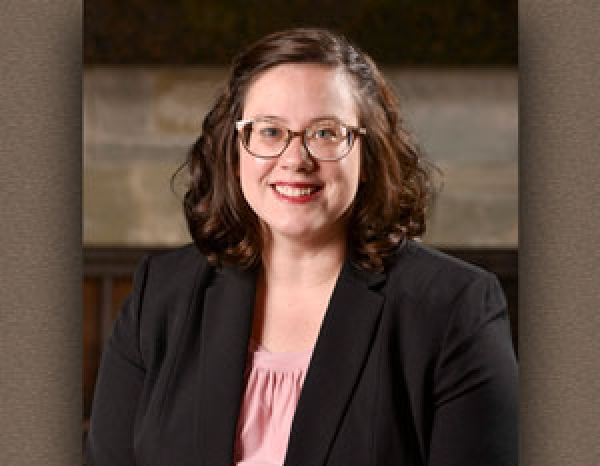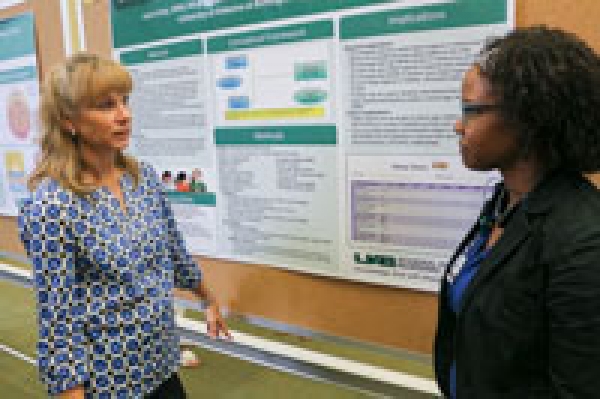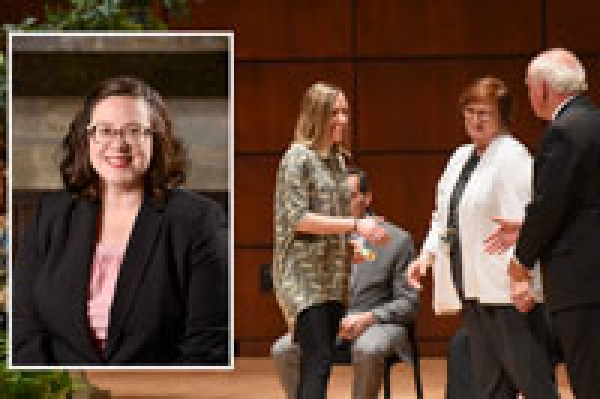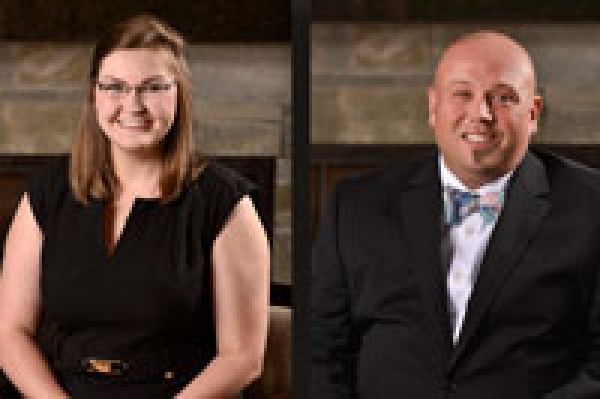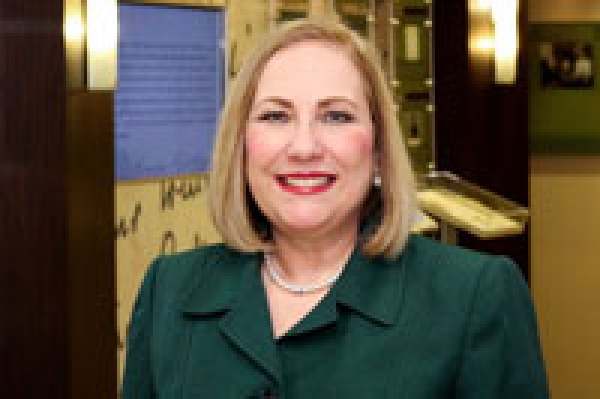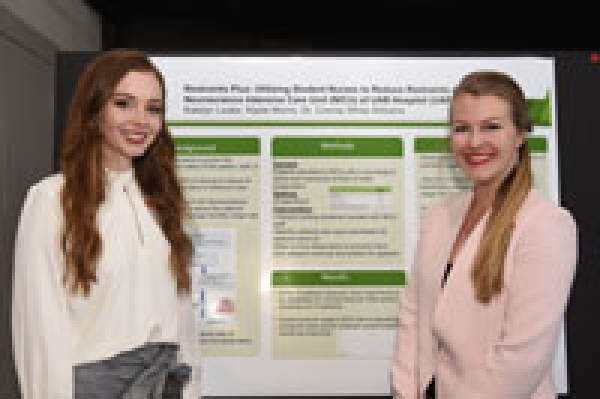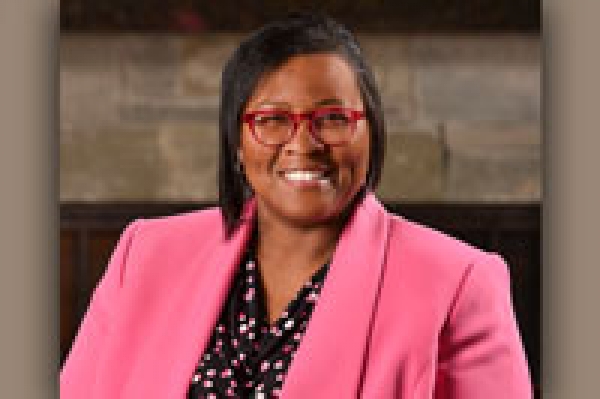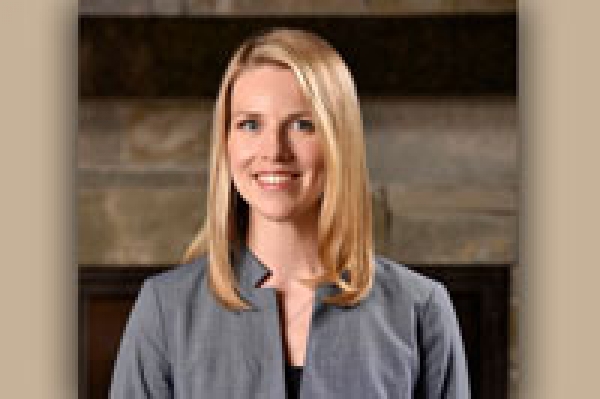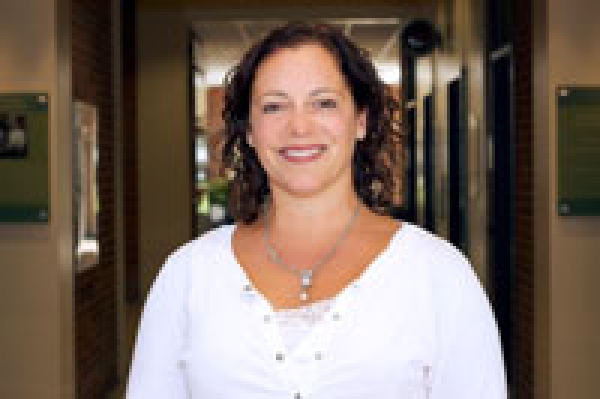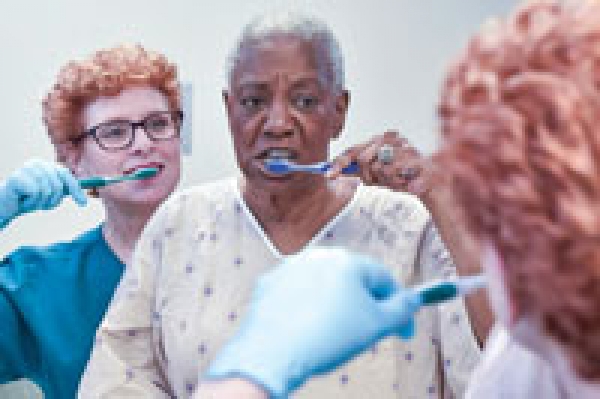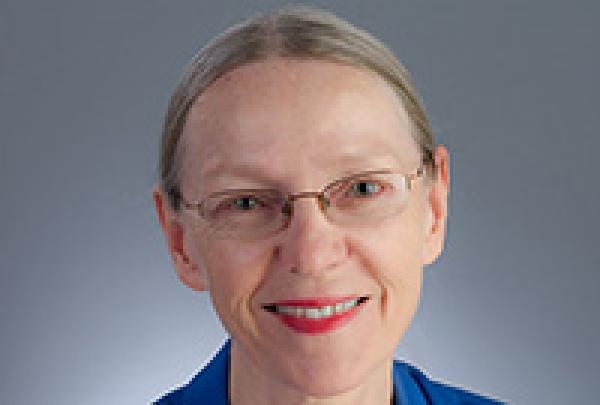 In the world of ever-changing health care, effective organizational systems are essential to seamless operations. Proper data collection and knowledge of patient history could prevent the spread of a fatal disease such as Ebola, the global outbreak that called current data collection systems into question. Could the lapse in communication be prevented with effective informatics?
In the world of ever-changing health care, effective organizational systems are essential to seamless operations. Proper data collection and knowledge of patient history could prevent the spread of a fatal disease such as Ebola, the global outbreak that called current data collection systems into question. Could the lapse in communication be prevented with effective informatics?University of Alabama at Birmingham (UAB) School of Nursing PhD Student and Adjunct Instructor Bryan Wilbanks, DNP, CRNA, wants to be part of designing new technology to dramatically improve patient's lives. His research focuses on nursing informatics in the perioperative setting, the time period describing the duration of a patient's surgical procedure -- including admission, anesthesia, surgery, and recovery. The goal of perioperative research is to provide better conditions for patients before operation, during operation, and after operation.
In December of 2014, Wilbanks published three peer-reviewed articles in Perioperative Applications of Nursing Informatics. The articles explore nurses' application of technology and informatics in the preoperative arena.
The research that was published in December originally began when he was working on his doctor of nursing practice (DNP) degree at UAB. As part of his final DNP research project Wilbanks modified a mobile data collection tool created by Jacqueline Moss, PhD, RN, FAAN, Professor in the UAB School of Nursing and Wilbanks' mentor for both his DNP and PhD research. Moss earned her doctorate in informatics from University of Maryland and has conducted observational research documenting informational use practices in various clinical settings.
Wilbanks took interest in Moss' preliminary study using a mobile data collection that simplified observational data collection and decided to extend the study into the perioperative setting, as this is his primary professional setting.
He said observational data collection in a clinical setting requires quick recording of events, and an electronic data collection tool makes the collected information more accurate and easier to obtain. Writing down observations severely limits the amount of data that can be collected because events occur much faster than can be recorded by hand writing. Poor documentation, he added, results in using misinformation to guide patient care, which can directly impact patient safety. It also results in increased legal liability from inaccurate patient records, poor charge capturing, and possible claims of insurance fraud from inaccurate billing.
For his PhD dissertation, Wilbanks continues to modify Moss' mobile data collection tool and evaluate the impact of different data entry methods on the quality of documentation and workflow efficiency, for the purpose of generating evidence-based guidelines for designing information technology interfaces.
"This is such a huge accomplishment for a student," Moss says. "Bryan's research in the area of perioperative information documentation and use has already contributed greatly to the body of knowledge in the field of nursing informatics. His work on determining optimum data entry design has the potential to improve the quality and accuracy of data available for clinical decision making and the provision of safe perioperative care."
Moss adds the recent national move to convert to electronic health records allows research to become a byproduct of routine patient care with the creation of large pools of data; and nursing researchers are needed to improve information technology design to leverage big data for clinical research.
While these functions may seem trivial, Moss stresses, "we rely on accurate information to make decisions that affect patient safety, because when patient information does not make it to the provider, the patient's life is at risk."
Wilbanks is grateful to UAB that his work in both the DNP and PHD programs have put him on the forefront of nursing informatics, conducting informatics research that can contribute in changing the course of patient care.
"Continuing my studies with Jackie has allowed me to build on my previous work to start my own program of research," he says. "She has successfully guided me in my research endeavors and helped me get several publications and has encouraged me to pursue research and an academic career."
Wilbanks earned his bachelor's degree from University of Alabama in Huntsville (UAH) in 2000, his master's in nursing from University of Tennessee at Chattanooga in 2003 and his doctor of nursing practice (DNP) from the UAB School of Nursing in 2012. Prior to enrolling in the PhD program, Wilbanks was a nurse anesthetist at Huntsville Hospital in Huntsville, Ala.

